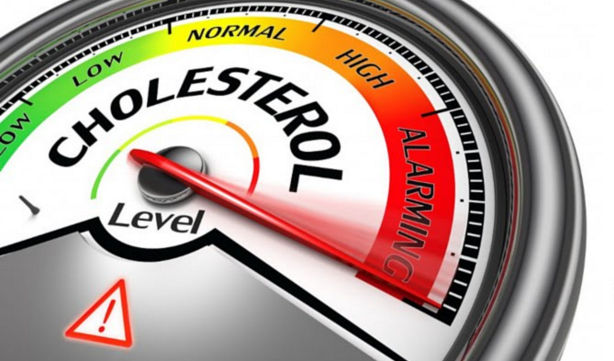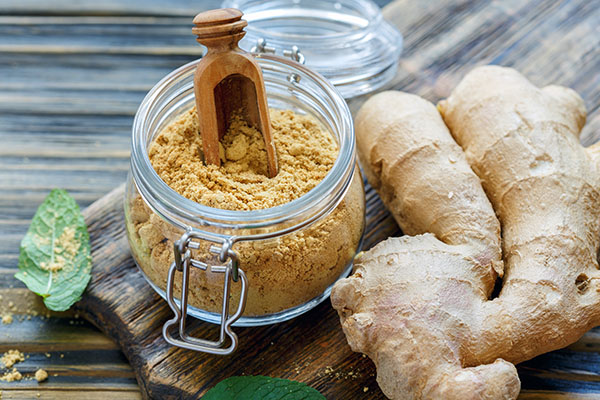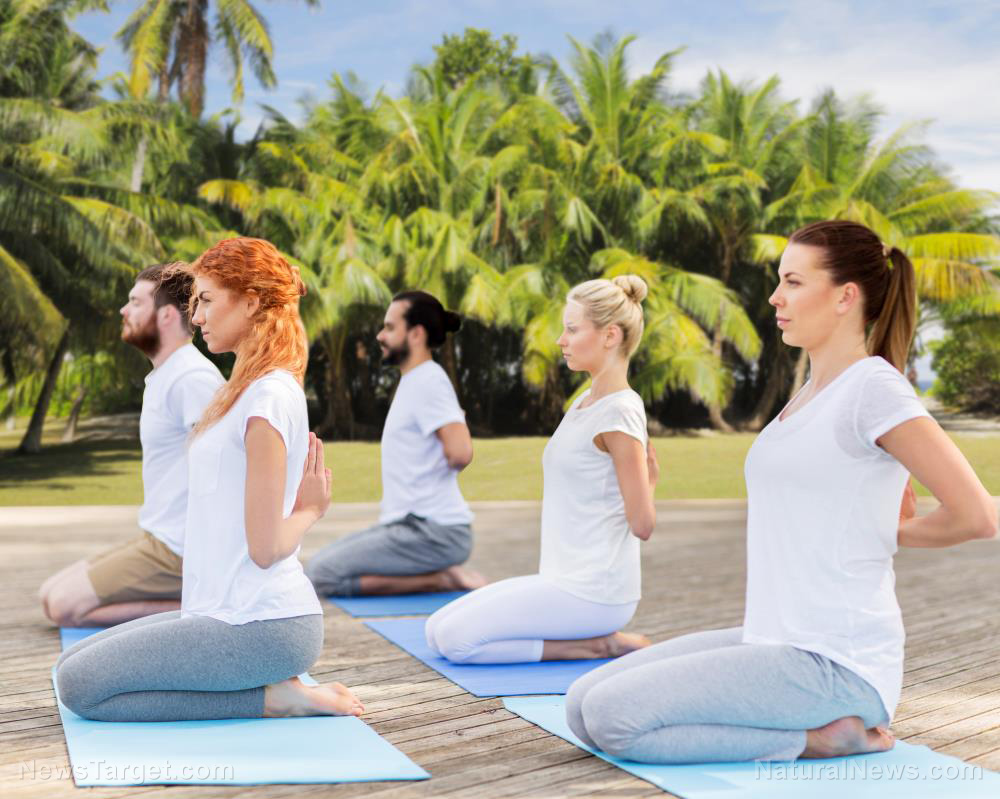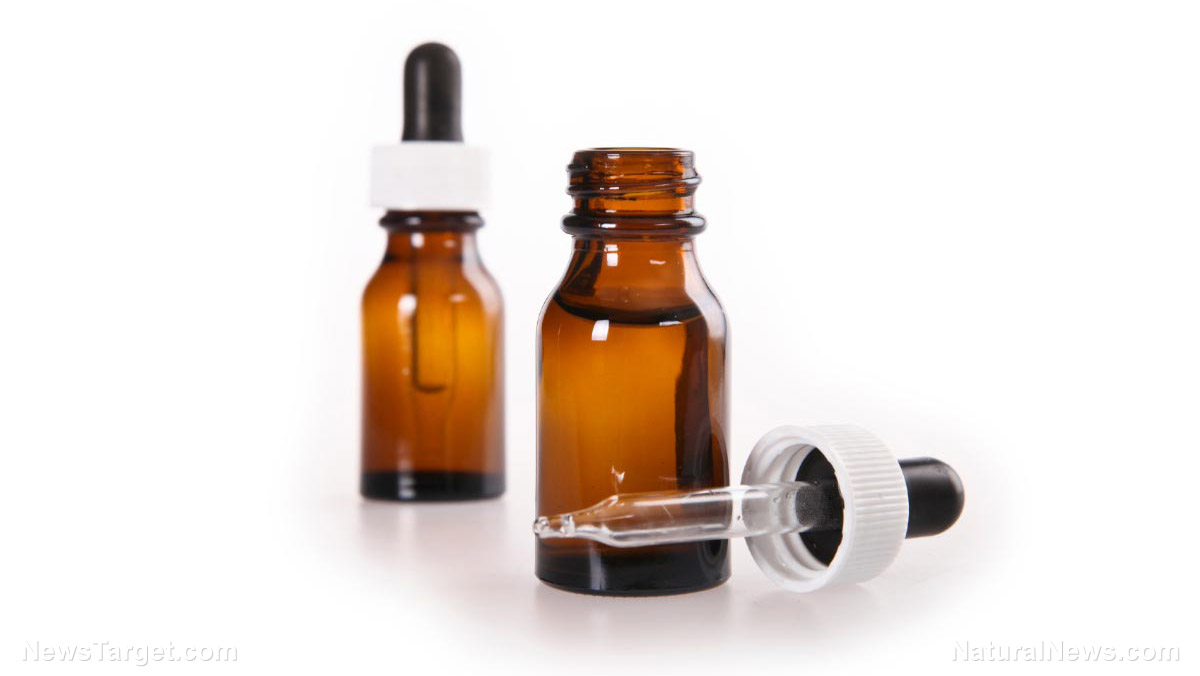Living with PSORIASIS: Science, secrets and solutions that actually work
08/15/2025 / By Olivia Cook
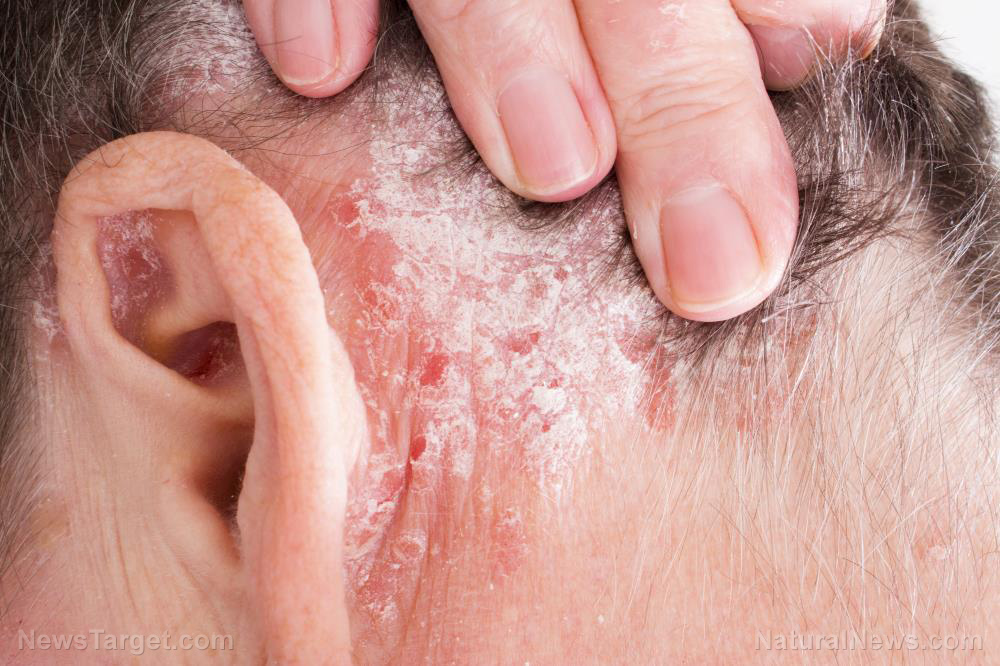
- Psoriasis is an autoimmune condition where the immune system attacks healthy skin cells, leading to rapid skin turnover and inflammation.
- Flare-ups are often triggered by cold weather, infections, nutritional deficiencies, poor gut health or stress.
- Natural remedies, like anti-inflammatory diets, cod liver oil, Oregon grape, turmeric and vitamin D (among others), have proven benefits and offer powerful support.
- Science supports home remedies, including aloe, moisturizing, oatmeal baths and mindfulness practices – to mention a few lifestyle approaches.
- Psoriasis is not contagious – and with a holistic approach (daily self-care and expert-guided treatment plans), its symptoms can be managed affordably and effectively.
When your immune system mistakes your skin for an enemy, the damage goes beyond what meets the eye. Psoriasis, the second most common autoimmune condition in the United States, affects more than 7.5 million people – and not just physically. The flare-ups, discomfort and unpredictable cycles of remission and relapse often carry emotional and psychological weight, too.
But here’s the good news: even without a cure, people are learning to live with psoriasis. Armed with science-backed treatments, natural remedies and a deeper understanding of how the immune system works, many are finding relief – and reclaiming their confidence.
Psoriasis is a chronic autoimmune condition where your immune system mistakenly attacks your own healthy skin cells. Under normal circumstances, your skin cells replace themselves every 28 to 30 days. But for people with psoriasis, this process speeds up dramatically – new skin cells are pushed to the surface every three to five days. That fast-tracked turnover leads to raised, scaly, itchy patches on the skin.
Researchers in a 2024 study published in the journal Pharmaceutics and health experts explain that a special kind of immune cell called a T-helper cell is at the center of this reaction. These cells, which your body develops over time (they’re part of your acquired immune system), are supposed to protect you from outside invaders. But in psoriasis, they go haywire – setting off alarm bells when there’s no real threat.
These cells are often triggered by an altered gut microbiome – meaning the balance of good and bad bacteria in your digestive tract. When the balance is off, it can confuse your immune system and lead to widespread inflammation. The result? These cells release chemicals called cytokines, which act like accelerants on the immune system. They ramp up inflammation, boost skin cell production and suppress the body’s natural calming agents.
This is the storm of immune confusion that causes the cycle of redness, flaking and itching. But the good news is that we know know to calm the storm. Dermatologists, dermatopathologists and other experts suggest that certain nutrients and lifestyle strategies can help calm this overactive immune response. These include:
- Vitamin D: Commonly referred to as the “sunshine vitamin,” vitamin D plays a vital role in regulating your immune system. It works like a natural anti-inflammatory hormone – similar in effect to cortisol – and helps your body tell the difference between friend or foe. Low vitamin D is common in colder months, which is why many people notice their psoriasis worsens in winter. (Related: Treat psoriasis naturally with vitamin D and zinc.)
- Cod liver oil: This traditional remedy is rich in omega-3 fatty acids, vitamin A and vitamin D, all of which support healthy skin. Omega-3s, in particular, are known for reducing inflammation and improving dry, red or scaly skin.
- Bile salts: These help your body make better use of vitamin D by activating the receptors that respond to it. Bile salts also support fat digestion, which helps you absorb fat-soluble vitamins that are essential for immune function.
- Gluten-free diet trial: For some people with psoriasis, gluten can act as a hidden trigger – especially if they have an undiagnosed sensitivity. A short-term gluten-free trial (about three months) can help determine whether it is playing a role in flare-ups.
Can psoriasis be avoided?
One cannot always completely avoid psoriasis, especially if genetically predisposed (meaning you’ve inherited a higher risk of developing psoriasis if both of your parents have it; the risk is lower if only one parent or a sibling is affected). But even with a genetic tendency, the condition may never develop unless it is triggered by certain environmental or lifestyle factors.
That is why so many people with a family history of psoriasis never develop it – and why others may experience it for the first time without any family history at all. You can lower your risk or delay the onset by:
- Maintaining a healthy weight.
- Avoiding smoking and excessive alcohol intake.
- Managing emotional stress.
- Keeping your skin protected from harsh chemicals, injuries or sunburn.
- Using gentle, fragrance-free skin care.
- Supporting gut health, which influences your immune system.
If you already have psoriasis, knowing your personal triggers becomes key to minimizing flare-ups. Some people track symptoms in a journal to find patterns related to diet, stress or even the weather. While you can’t switch off your genes, you can shift the way your body responds to them – and that’s where lifestyle choices can make a big difference.
Affordable, effective science-backed relief at home
Medical treatment is essential in moderate cases (where approximately three to 10 percent of the body is affected) and especially in severe cases (which involve more than 10 percent of the body surface).
But even for those with mild symptoms or alongside prescription care, home-based strategies can play a major role in improving quality of life. In fact, a 2025 scientific review published in Complementary Therapies in Medicine found that nearly 70 percent of people with psoriasis turn to alternative (non-drug), holistic and supportive approaches – and many find meaningful relief.
Here are some top home strategies that are supported by science:
- Moisturize daily. Thick, unscented creams or ointments trap moisture, relieve itching and help repair the skin barrier, especially when applied right after bathing.
- Take soothing baths. Add finely ground colloidal oatmeal or Epsom salts to lukewarm water. These help calm itching, soften scaling and reduce redness. Just don’t use hot water, which can aggravate symptoms.
- Try aloe vera. Creams with at least 0.5 percent aloe vera can reduce redness and discomfort. Apply regularly for the best results.
- Explore Oregon grape. This anti-inflammatory herb, used in 10 percent topical creams, has been shown to reduce the severity of mild to moderate psoriasis in multiple studies. (Related: Oregon grape extract: A natural treatment for psoriasis.)
- Add turmeric to your routine. Turmeric’s active compound, curcumin, has powerful anti-inflammatory properties. It is best taken as a supplement with black pepper extract for absorption, but also works when added to food. (Related: Turmeric: The go-to natural remedy for chronic scalp psoriasis.)
- Eat an anti-inflammatory diet. A diet rich in fatty fish, legumes, nuts, olive oil and vegetables (like a Mediterranean style diet) has been shown to reduce psoriasis flares and support overall health. Avoiding alcohol, added sugars, excessive dairy and processed foods also helps.
- Calm your mind. Chronic stress is one of the most common triggers. Research supports practices, like deep, mindful breathing exercises, meditation and yoga, as ways to reduce flare frequency and improve emotional well-being.
- Consider safe supplements. With guidance from your doctor, some people benefit from supplements, like fish oil, pine bark extract or vitamin D – all of which have shown anti-inflammatory benefits in clinical studies.
Even if you don’t have psoriasis, this condition offers lessons that apply to nearly everyone: the importance of gut health, the power of food as medicine and the deep connection between stress and the immune system.
And for those living with it? You’re not broken. You’re not contagious. And you’re not powerless. With the right tools – from nutrition and mindfulness to strategic skin care, you can feel better, look better and live well on your own terms.
Watch this video to learn more about the best remedies for psoriasis.
This video is from the Daily Videos channel on Brighteon.com.
More related stories:
Psoriasis linked to gut health: Leaky gut could be caused by microbiome composition.
An ingredient found in a traditional Chinese medicine shown to be effective in treating psoriasis.
A closer look at the effects of cannabidiol on psoriasis symptoms.
Sources include:
Submit a correction >>
Tagged Under:
anti-inflammatory diet, autoimmune awareness, autoimmune skin conditions, gut health, healing, holistic approaches, immune system, natural cures, natural remedies, psoriais tratment at home, psoriasis, psoriasis flare-up triggers, stress, vitamin D
This article may contain statements that reflect the opinion of the author



